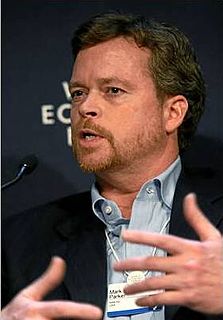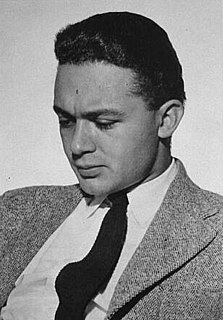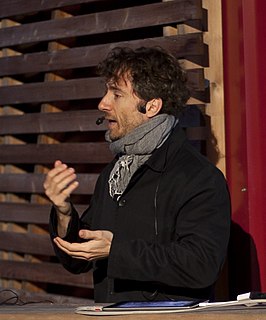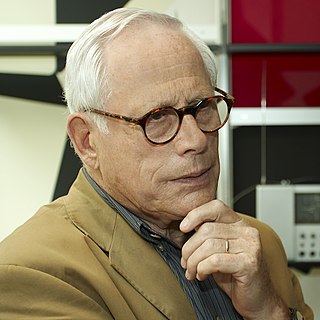A Quote by Mark Parker
Design is an iterative process. One idea often builds on another.
Related Quotes
Human-centered design. Meeting people where they are and really taking their needs and feedback into account. When you let people participate in the design process, you find that they often have ingenious ideas about what would really help them. And it’s not a onetime thing; it’s an iterative process.
Design is a field of concern, response, and enquiry as often as decision and consequence... it is convenient to group design into three simple categories, though the distinctions are in no way absolute, nor are they always so described: product design (things), environment design (places) and communication design (messages).
Good design is innovative
2. Good design makes a product useful
3. Good design is aesthetic
4. Good design makes a product understandable
5. Good design is unobtrusive
6. Good design is honest
7. Good design is long-lasting
8. Good design is thorough, down to the last detail
9. Good design is environmentally friendly
10. Good design is as little design as possible



































